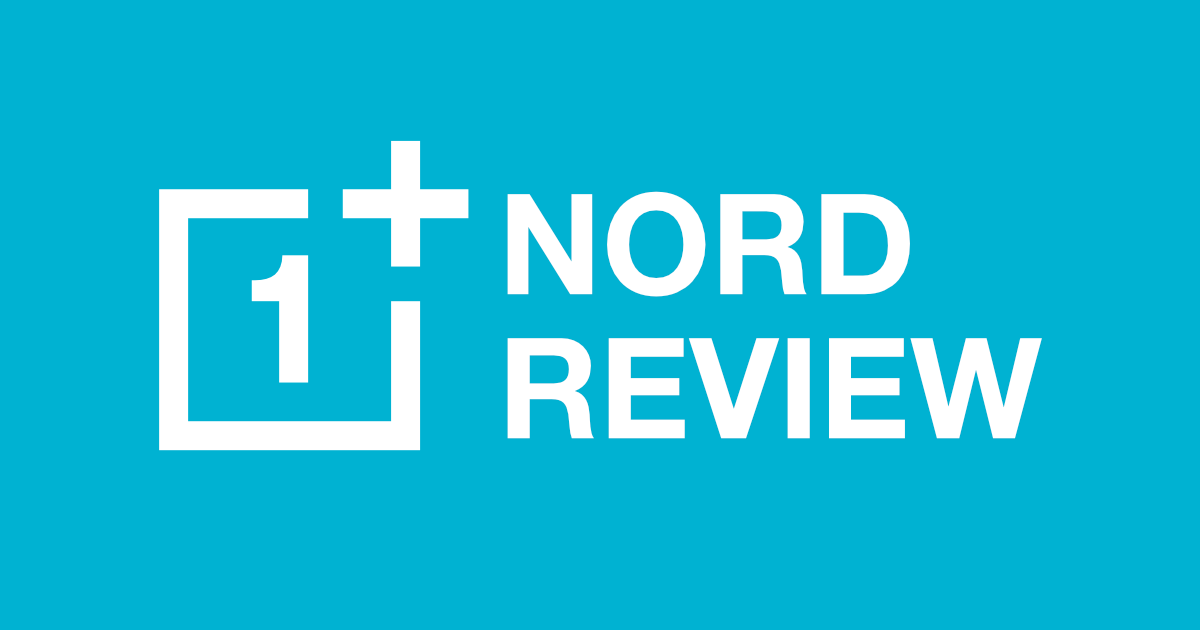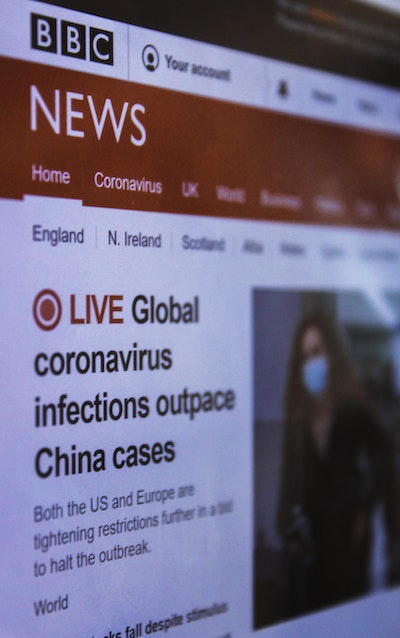I’ve replaced my laptop with the new Macbook Pro from Apple and this is my opinion about it. A mini review about the 2021 16″ model with the M1 Max SoC and how well it works for me.

I’ve replaced my laptop with the new Macbook Pro from Apple and this is my opinion about it. A mini review about the 2021 16″ model with the M1 Max SoC and how well it works for me.

I use two phones. The main one is the 2019 Asus Zenfone 6, a mid-higher range device with fairly good specs sold at a lower cost, and an old OnePlus One as a backup/secondary device. The OnePlus One reached end-of-life a long time ago, but I kept it running with LineageOS (Android 9), root, and some tweaks to make the battery last longer.
While it still works, it’s becoming slower, the battery doesn’t last as long, and custom ROMs are becoming buggier with each major Android update, so I decided to replace it with something that can handle messaging, phone calls, navigation, the occasional photo, etc. I don’t play games or do anything special with it, so there’s no need to spend a lot of money.
I could just get a Nokia or Samsung from a local phone store, but I want to be able to root and use custom ROMs, so these two brands were automatically excluded (they are not “dev friendly”). Brands like Realme and Xiaomi (Redmi, Poco, etc) have attractive hardware and good prices, but software updates are bad on Realme phones and Xiaomi makes money by showing ads and selling their services. After some thinking, I reduced my list to two phones: OnePlus Nord and Google Pixel 4a.
The Pixel 4a might seem an odd pick here as the Nord has better hardware, but software updates, features, and official Google Camera support makes it an attractive phone to me. Sadly, the 4a won’t be available right away, leaving the Nord as my only option.
This is my opinion about it, with focus on the camera and other areas I think are important.
Content:


Reading the news isn’t a new thing. People have been reading daily or weekly newspapers since before radio, tv, or even the internet existed but with each technological advancement, the news became more available. Radio allowed for news/talk radio stations. TV allowed many to be entertained, but also to be informed with their once a day news program.
Today we have 24/7 radio and dedicated TV news channels. On the internet, you can get news from social networks, assistant/feed apps, news aggregator apps or apps from each newspaper/organisation, each one with their notifications for “breaking news”. Even many browsers now have news on their “new tab” page. It’s hard not to be up-to-date.
While I think it’s important to be aware of what’s happening around us and in the world (major events at least), I’m not sure if the average person is ready to deal with the amount of information we consume daily. Many can’t filter the content their app shows them or perform a little bit of critical thinking before taking what they read or watch as truth.
It can also be addictive. How many times have you closed the app or site where you get your news from, just to find yourself on the same app/site a few seconds or minutes later?
Then there’s what’s considered to be “news”. Maybe it’s just me, but most news aren’t really news. When I open aggregator apps like Google News, I’ll see gossip about the UK’s royal family, twisted and one sided articles from tabloids about serious matters, articles about something that happened in a place so far away that I couldn’t point to it on a map, what person X said about matter Y, right party vs left party, etc. Is this important information? I guess I should be aware about the protests in my city or political issues in my country, but should I worry or even obsess about something happening in a different place?
The way I consumed the news was having some negative side effects on me. Sometimes it was overwhelming, distracting, usually a waste of time, depressing, and energy draining. So I changed a few things.
Some background: I’ve been contributing to the Folding@Home project since 2009. This project uses computers to simulate protein folding in order to test new ideas, drugs, etc, related to things like alzheimer’s, huntington, diabetes, etc. Essentially users install a program on their computer and that program uses the CPU and GPUs to run simulations.
Since folding takes everything to the limit, CPUs and GPUs run hot. This means two things: fan noise and a hot and dry room. Noise is annoying and the heat is not something I always need. It’s useful for those cold winter months, but becomes a problem when temperatures raise and you live in an old building without AC.
Back in 2016 I had an idea: why not move the computer outdoors?